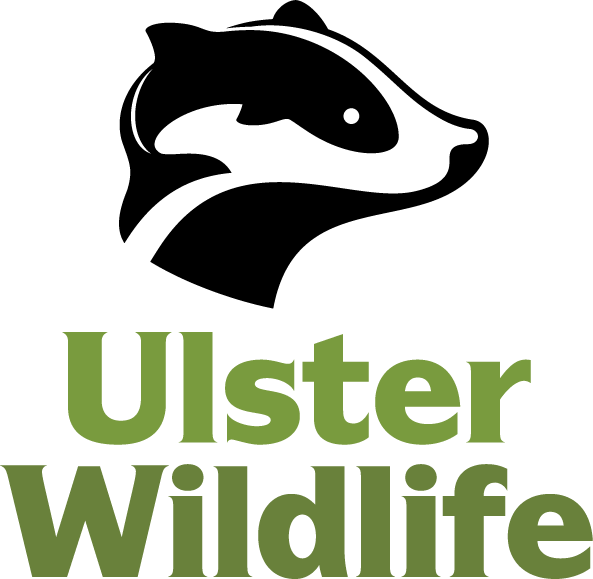The research was commissioned as part of Ulster Wildlife’s Grassroots Challenge project, an environmental youth empowerment programme supported by the Big Lottery Fund under the “Our Bright Future” programme.
The research identified a range of skills gaps in the industry and highlighted that environmental specific skills account for 68% of identified shortages. The key gaps identified include sustainable grassland production including issues such as sustainable soil management to prevent phosphorous enrichment of water bodies, soil analysis for nutrient management planning, hedgelaying, fencing, recognising and planting trees, habitat management, drystone walling, pond management, and hedgerows.
As well as a deficit in ‘technical and practical skills’ (cited by a third of the businesses surveyed), a shortage in ‘soft skills’ also exists, such as communication, health and safety, and teamwork.
Launching the report, Paula Smyth, Lantra’s Business Development Manager said: “Identifying the skills gaps in the industry is the first step in addressing the need for training specific to environmental conservation. Businesses in the sector recognise that providing training to their staff is the best way to remedy their skills deficiencies. However, there is a need to ensure that those current working in the sector, or wanting to enter it, have access to the training they need.”
Paula continued: “Interestingly, many of the shortages identified in this research overlap with skills gaps in other industries in the sector, so there is a need to highlight the transferable skills and areas of overlap, with the potential to embed environmental units into other sector training courses. There is also a need to consider progression options for those working/wanting to work in the industry.”
Alexey Janes, Project Coordinator with Ulster Wildlife for the Grassroots Challenge said: “The research findings will help to shape the environmental training opportunities that we offer to young people, thereby giving them the skills and knowledge that employers are looking for.
"The Grassroots Challenge empowers young people from Young Farmers Clubs, Duke of Edinburgh’s Award groups and Special Schools to lead their own wildlife projects, benefiting themselves, their communities and the environment. This generates biodiversity outcomes, youth development opportunities and transferable skills all of which help to increase young people’s employability.”
The Grassroots Challenge is one of thirty-one initiatives across the UK being supported by the Big Lottery Fund under the “Our Bright Future” programme. Coordinated by the Wildlife Trusts, the collective aim of this programme is to work towards a thriving economy, a healthy planet, and ultimately a brighter future for young people.
A copy of the report: NI Environmental Conservation Skills Survey: 2016 is available to download at www.lantra.co.uk/northern-ireland/environmental-conservation-skills-survey. Alternatively, please contact Paula Smyth on 07867 908 171 / paula.smyth@lantra.co.uk to request a copy.
